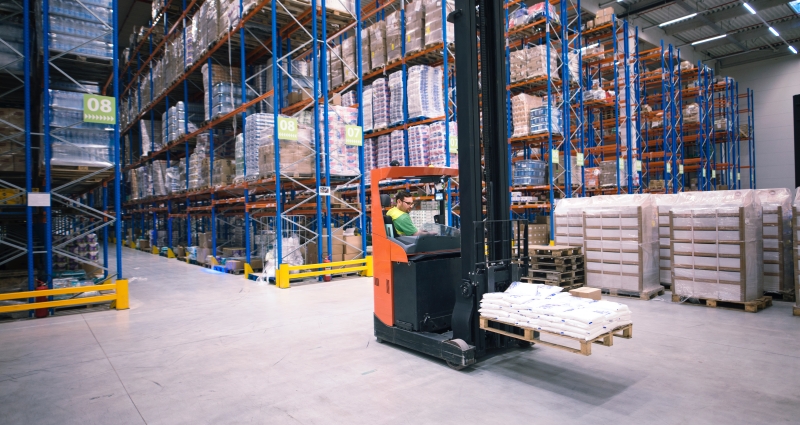Running a business in Singapore today means juggling suppliers, customers, sales channels, and deliveries — all at once. Whether you run a small retail shop, an e-commerce store, or a warehouse, keeping track of your inventory can quickly become overwhelming. That’s why more SMEs are turning to inventory software to bring order and accuracy to their daily operations.

What Is Inventory Software?
Inventory software is a digital system that helps you record, track, and manage all the products in your business. It shows what’s in stock, what’s sold, and what needs to be reordered — all in real time.
Unlike spreadsheets or manual logs, inventory software updates automatically whenever something changes. That means fewer mistakes, faster decisions, and less time wasted on stock counts.
Modern inventory tools go beyond simple tracking. They can forecast demand, send low-stock alerts, analyse sales patterns, and even connect directly with your accounting or e-commerce platforms. For many businesses, it’s like having a full-time operations manager working quietly in the background.
Why Singapore Businesses Are Adopting It
Singapore’s business environment is fast, competitive, and space-limited. Stocking too much means tying up cash and paying more rent for storage. Stocking too little means losing sales.
Inventory software helps strike the perfect balance. By showing what moves quickly and what doesn’t, it helps you order smarter and keep your warehouse lean. Many local SMEs have found that once they automate their inventory, they recover both time and money that used to be lost to inefficiencies.
Another key reason for adoption is manpower. With rising labour costs, businesses can’t afford to rely on manual tracking. A good inventory system reduces human error, automates repetitive work, and gives managers instant insight — even when they’re not physically at the warehouse.
Integration With Online and Offline Sales
Most modern inventory systems integrate easily with Shopee, Lazada, Shopify, or in-store POS systems. When someone buys online, stock levels update instantly across all platforms. This prevents overselling, double orders, and frustrated customers.
Integration with accounting tools like Xero or QuickBooks also keeps financial records tidy, linking every sale and purchase to accurate inventory data.
From Data to Decision-Making
Beyond convenience, the biggest value of inventory software is insight. You can identify best-selling products, seasonal demand patterns, and slow-moving stock. Over time, this data helps you make smarter purchasing decisions, plan promotions, and improve cash flow.
The Bottom Line
Inventory software isn’t just for big corporations anymore. Affordable cloud-based systems make it accessible to any SME in Singapore. Once set up, it simplifies stock management, improves accuracy, and gives you the clarity to run your business confidently.
If you’re still relying on Excel to manage your stock, now is the time to change. A good inventory software solution will pay for itself many times over — by saving time, reducing errors, and helping your business grow smarter.

